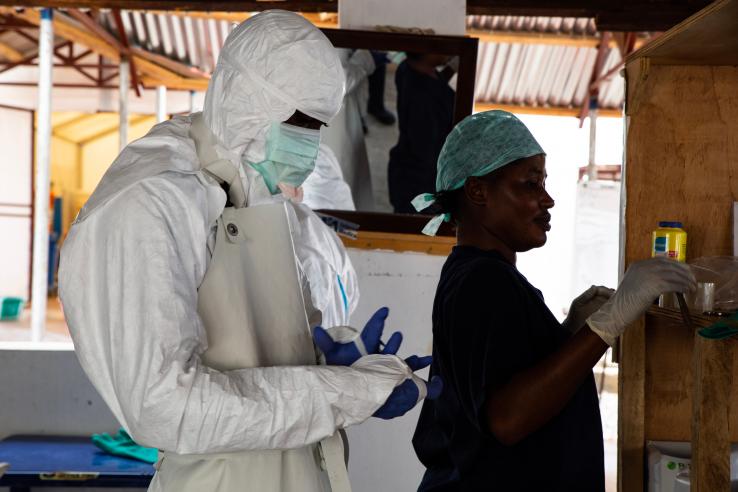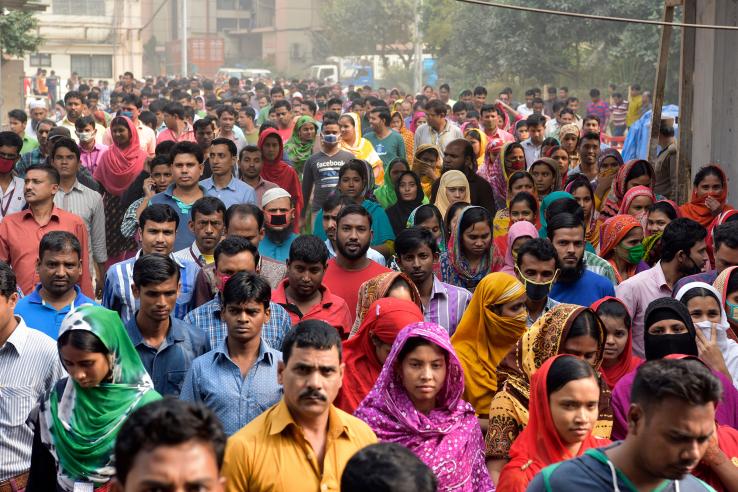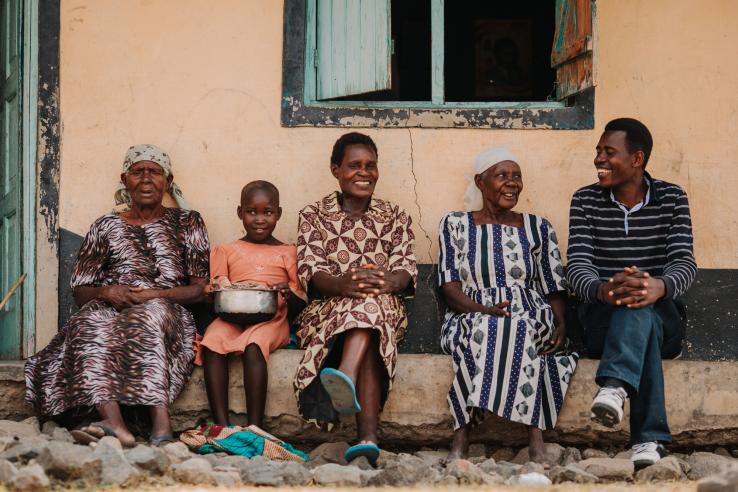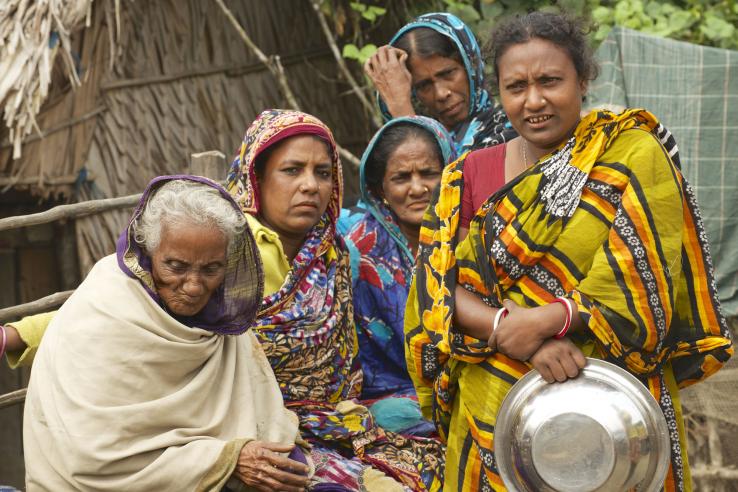Displaying 781 - 795 of 1291
Evaluation
Researchers conducted three randomized evaluations to measure the degree of competition among wholesale maize traders, understand the implications for social welfare, and test whether new traders could make a market more competitive. Researchers found that traders did not pass through much of a randomly administered cost reduction by lowering prices to consumers and, instead, colluded with other traders to maximize their profits.
Evaluation
Researchers partnered with a large payday lender in Indiana to conduct an evaluation to better understand consumers’ decision-making. The results suggest that average borrowers can anticipate their probability of taking loans in the future. However, people focus too much on the present when making decisions about payday loans, a behavior that they would like to change.
Evaluation
Responsive governments have the ability to make laws and decisions that reflect their constituents’ preferences. However, legislators may lack necessary information about constituents’ opinions and may therefore be unable to meet their demands. Researchers measured whether providing targeted information about citizens’ and firms’ preferences to members of the Vietnamese National Assembly (VNA) increased legislators’ responsiveness. VNA delegates who received information about their citizens’ preferences were more prepared and likely to speak in debates ; however, delegates did not appear to be responsive to information about local firms’ preferences. In addition, delegates grew more responsive as other delegates received the same information.
Evaluation
Using data from a previous randomized evaluation in rural India that tested the effect of asset transfers to low-income households on overall consumption, researchers analyzed whether an increase in household wealth led to changes in energy use. While households consumed significantly more energy after the asset transfer, they did not reduce their use of dirty fuels.
Evaluation
Researchers partnered with the Government of Sierra Leone to evaluate the impact of community monitoring and nonfinancial awards programs on health care utilization and health outcomes. Both programs improved clinic utilization, patient satisfaction, and symptom reporting during the 2014 Ebola crisis. Further, community monitoring improved child health and reduced mortality among Ebola patients.
Evaluation
Researchers are conducting a randomized evaluation to test the impact of providing a new technology--smart meters--on consumer payments and service quality. Research is ongoing; results are forthcoming.
Evaluation
In partnership with the Ministry of Agriculture of the Democratic Republic of Congo and the World Bank, researchers are investigating how subsidizing the cost of and access to improved seeds affects smallholder farmers’ take-up of improved seeds, their short-term agricultural productivity, and household welfare.
Evaluation
Resistance to change can prevent medical practitioners from providing their patients with the best possible care. Within the context of an existing results-based financing program in public health clinics in Argentina, researchers evaluated the impact of a temporary increase in price incentives on the quality of prenatal care provision. Temporary incentive increases led to improvements in care provision that outlasted the increase, but did not improve birth outcomes among treated pregnant mothers.
Evaluation
Researchers conducted a randomized evaluation in Colombia to assess the effects of emergency cash assistance on the well-being of households. Recipients of the UCT experienced improved financial health, food access, and psychological well-being. Colombia’s newly implemented mobile money system allowed for quick fund disbursement, but its effectiveness for vulnerable populations may have been weakened by nascent digital systems.
Evaluation
Women of lower socioeconomic status adhere to recommended prenatal care regimens at lower rates, which can have adverse effects on both maternal and newborn outcomes. Researchers conducted a randomized evaluation to measure the impact a financial incentive of € 30 ($33.89) per visit per month on rates of treatment adherence and on health outcomes.
Evaluation
Researchers conducted a randomized evaluation of Check & Connect (C&C), a school-based mentoring program, to evaluate its impact on school attendance and academic outcomes. For students who began the program in grades 5-7, the program decreased student absences and caused participating students to fail fewer courses.
Evaluation
Researchers varied the proportion of travel grants offered to landless households in rural villages in Bangladesh to assess the impact of the grants on temporary migration and income during the agricultural lean season—one of the hardest economic times of the year due to drops in food affordability. Providing cash subsidies for seasonal migration not only benefited the migrants and their families, but also indirectly improved welfare for households who were not offered a cash subsidy and increased agricultural wages in origin labor markets.
Evaluation
Citizen participation in local civic affairs and in decision-making processes around village resources can be a way to align policies with local preferences, hold politicians accountable, and improve public service delivery. In rural Western Kenya, researchers are partnering with GiveDirectly to evaluate the impact of unconditional cash transfers on civic engagement and community participation.
Evaluation
Researchers partnered with policymakers in New York City to evaluate the impacts of a redesigned court summons form and text message reminders on failure to appear (FTA) in court. A randomized evaluation found that text message reminders were able to reduce FTA by up to 26 percent, translating to 3,700 fewer arrest warrants per year.
Evaluation
Researchers are conducting a lab-in-the-field study to measure the impact of a community-driven development program in Bangladesh on participants’ preferences and values about fairness, equity, civic engagement, and participatory decision-making.










